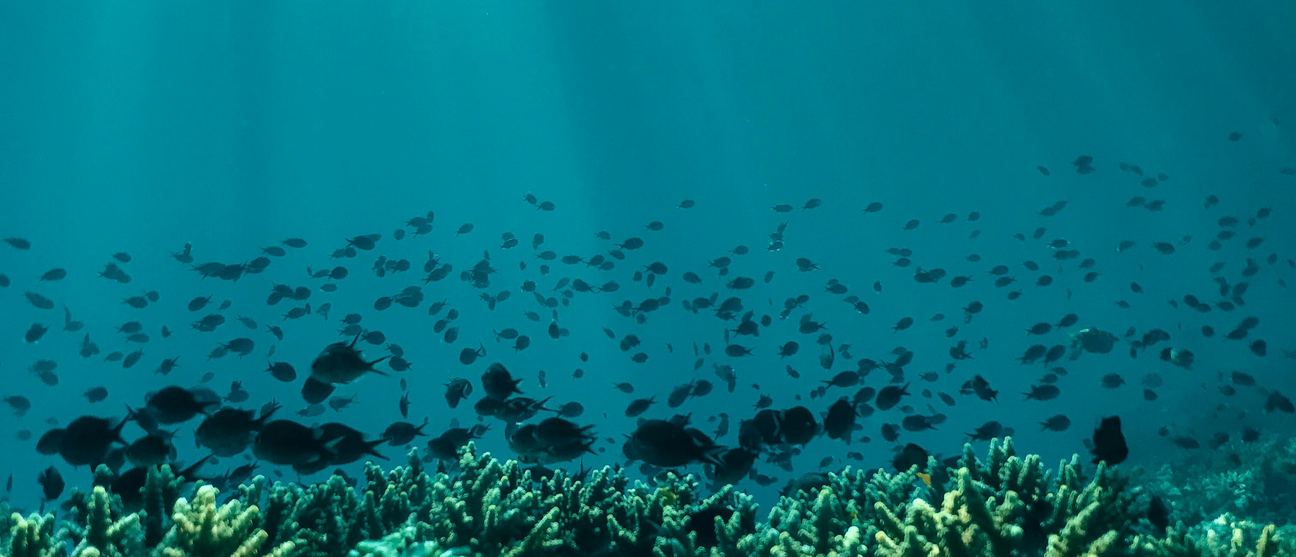Immortal Oceans Sustainability & Impact

Blue impact and sustainability is core to the mission of Immortal Oceans, and its behind everything we do as leaders in the marine biotech space.
The Marine Ecosystem
Oceans cover over two-thirds of Earth and host 80% of its biodiversity, but most of this area is sparsely populated. Marine life is primarily concentrated in coral reefs and algae beds, which make up just 0.1% of the planet’s surface.
Coral reefs, formed by tiny invertebrates called coral, provide habitat for 25% of marine species. These reefs are highly productive, supporting significant fish and invertebrate populations. Many reefs are 5,000 to 10,000 years old, contributing to local economies through tourism, especially in places like the Caribbean.
The Problem of Global Warming
Coral reefs are declining rapidly due to ocean acidification, a result of increased carbon dioxide absorption by oceans. This causes coral bleaching and death, threatening marine life dependent on reefs. For example, bleaching events between 2016 and 2017 killed 50% of Australia's Great Barrier Reef.
Sea Cucumbers – A Part of the Solution
Sea cucumbers play a vital role in maintaining healthy marine ecosystems. They recycle nutrients, prevent algae blooms, and release calcium carbonate essential for coral growth. Their digestive processes help counteract ocean acidification, which is crucial for coral survival.
The Problem of Over-Fishing
Sea cucumbers are highly valued in Asia, leading to overfishing and population decline. This threatens their role in marine ecosystems and risks extinction if populations drop too low.
Aquaculture of Sea Cucumbers – The Sustainable Solution
Aquaculture, or sea ranching, of sea cucumbers offers a sustainable solution. It provides a valuable food product while enhancing marine ecosystems by cleaning the sea floor, preventing algae blooms, fertilizing other sea life, and combating ocean acidification.
